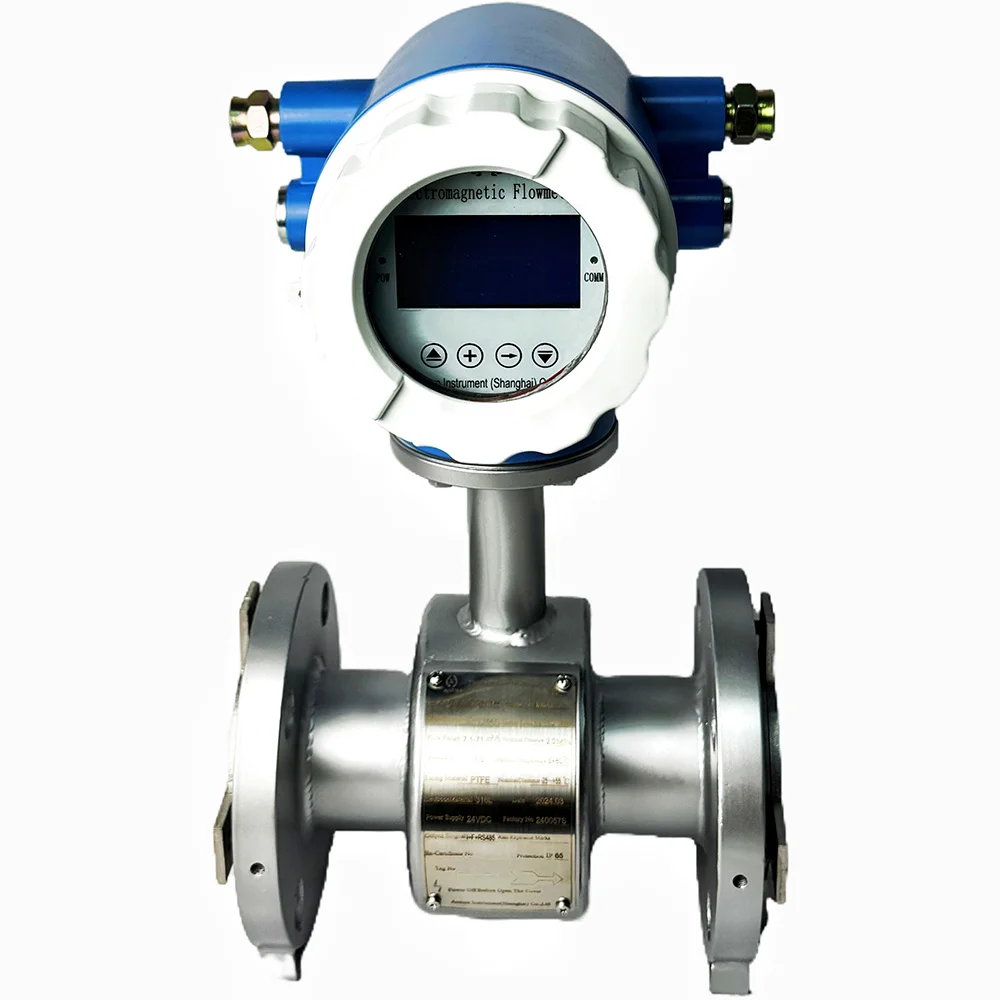Unveiling the Mystery: Do Cameras Record When Power is Off?
In the era of advanced technology, cameras have become an integral part of our lives. Whether it's for security purposes or capturing precious moments, cameras play a crucial role. However, a question that often arises is whether cameras continue to record when the power is off. In this blog post, we will delve into this intriguing topic and provide you with a comprehensive understanding of the functioning of cameras in relation to power supply.
- The Basics of Camera Power:
Before we explore whether cameras record when the power is off, let's first understand how cameras are powered. Most cameras rely on a direct power source, such as batteries or an electrical outlet. When the power is on, the camera functions as intended, capturing and storing footage. However, what happens when the power is suddenly cut off? - Power Loss and Camera Functionality:
When the power supply to a camera is abruptly interrupted, it undergoes a temporary state of power loss. During this period, the camera's primary functions, including recording and storing footage, cease to operate. However, it is important to note that modern cameras often have built-in backup systems to ensure uninterrupted operation. - Battery Backup Systems:
Many cameras, especially those used for surveillance purposes, are equipped with battery backup systems. These systems are designed to provide temporary power in the event of a power outage. When the main power source is cut off, the camera seamlessly switches to the backup battery, allowing it to continue recording. However, the duration of recording during power loss depends on the capacity of the backup battery. - Capacitor-Based Systems:
In addition to battery backup systems, some cameras utilize capacitor-based systems. Capacitors store electrical energy and can provide a short burst of power when the main power supply is interrupted. These systems enable cameras to continue recording for a brief period, typically a few seconds, after the power is cut off. However, the recording duration may vary depending on the camera model and capacitor capacity. - Cloud-Based Storage Solutions:
Another aspect to consider is the increasing popularity of cloud-based storage solutions. With the advent of advanced technology, many cameras now offer the option to store footage directly on the cloud. In such cases, even if the camera loses power, the recorded footage is securely stored in the cloud, ensuring no data loss.
Conclusion:
In conclusion, cameras generally do not record when the power is off. However, with the advancements in technology, many cameras are equipped with battery backup systems or capacitor-based solutions to mitigate the impact of power loss. Additionally, the emergence of cloud-based storage solutions has further enhanced the reliability and continuity of camera recordings. Understanding the functionality of cameras during power outages is crucial for individuals and businesses relying on surveillance or capturing important moments.






